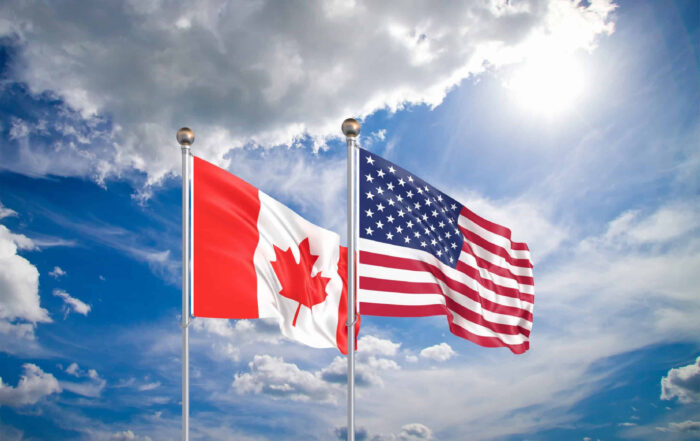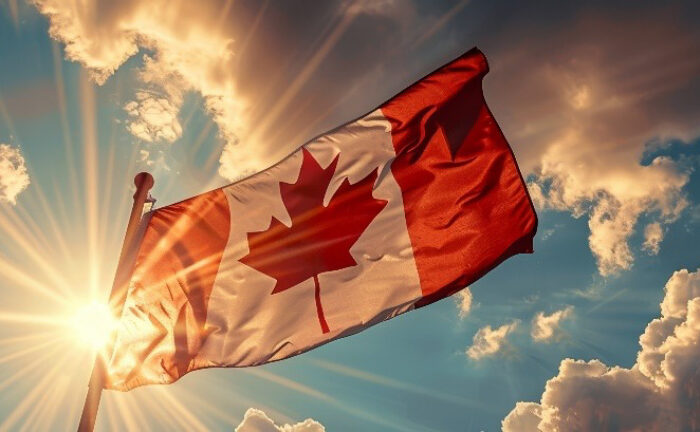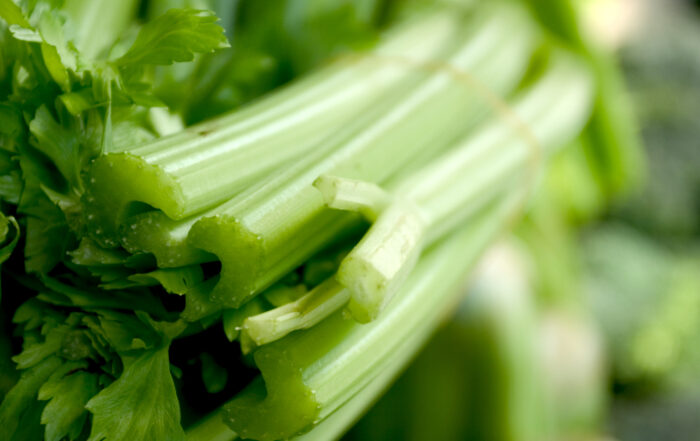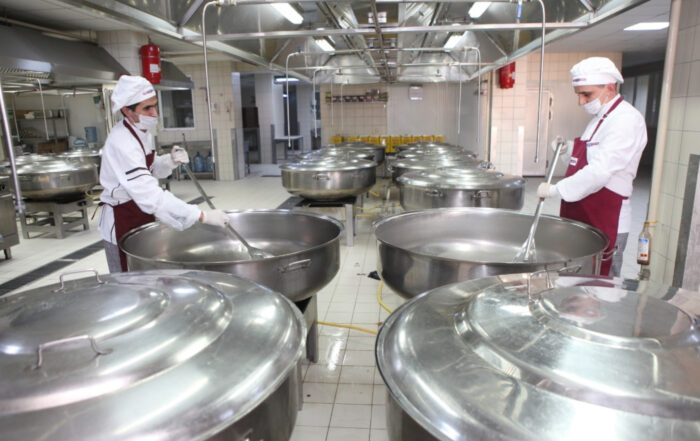Food Fraud and Importation
According to clause 5(1) of Food and Drug Act of Canada:
“No person shall label, package, treat, process, sell or advertise any food in a manner that is false, misleading or deceptive or is likely to create an erroneous impression regarding its character, value, quantity, composition, merit or safety”.
Yet the reality of food fraud is a continuing challenge.
In March 2023, Canadian Food Inspection Agency (CFIA) released news titled “Government of Canada prevents more than 100,000 kg of misrepresented food from being sold in Canada”. From this news, it is understood that 7.3% of fish, 22.5% of honey, 0.9% of meat, 13.1% of olive oil, 35.7% of other expensive oils, and 9.2% of spices included in this study failed the related authenticity criteria.
What is Food Fraud?
Basically, all information provided on the consumer-prepackaged label of food products must be authentic – from product name, net weight, and list of ingredients, images, claims to country of origin. Here is the list of some of the few food commodities that are vulnerable to food fraud:
- An Extra Virgin Olive Oil bottle but it does not satisfy stipulated fatty acid profile.
- A Grade 1 Honey jar which does not meet the prescribed grading requirements – or may be flavoured sugary thick liquid.
- A bag of Organic Ground Coffee with “Absolutely Organic” claim which is mixed with non-organic coffee.
- A can of condensed milk in which the percentage of milk is less than what claimed on the label.
- A bottle of fresh fruit juice which does not meet the specified criteria – how much of the real fruit juice is there?
- A bag of vanilla which smells like vanilla but not all the content of the bag is pure vanilla.
- A bag of snacks which contains added preservatives not declared on the label as per the prescribed requirements.
- Mislabeled fish sold in grocery stores.
Food Fraud and Food Importation
It is a surprising fact that the sum of the percentages mentioned in CFIA’s 2023 report is 100 metric tons of food; and since this CFIA study included limited number of food commodities out of the vast varieties of food categories manufactured in and imported into Canada on daily basis, the total amount of the inauthentic products in the current Canadian food market can be shocking!
This fact clearly demonstrates the criticality of the food importers task to ensure the authenticity of the food products manufactured in foreign facilities majority of which are out of reach for direct monitoring of Canadian Food Safety Authorities. It further emphasizes importers’ responsibilities, when we learn from CFIA that, according to the U.S. Grocery Manufacturers Association, all forms of food fraud are estimated to cost the global food industry between $10 and $15 billion per year.
CFIA’s Expectations from the Industry
The food industry, including food importers, has a big role to play to help combat food fraud.
- To know the laws,
- To verify the authenticity of ingredients, specifically for the food commodities with prescribed specifications,
- To obtain food products from trusted suppliers,
- To keep the traceability records of their products,
- To provide authentic information to the consumers through truthful labelling.
References:
https://laws-lois.justice.gc.ca/eng/regulations/c.r.c.,_c._870/index.html
MCS Associates Food Experts can help!
Our team of food safety experts can support you with development of a robust and customized Preventive Controls (PC’s) as prescribed in Safe Food for Canadians Regulations (SFCR) which includes but not limited to establishing cost-effective control measures and testing parameters to verify the authenticity of your products. In addition, they can support you in:
- Foreign Supplier Compliance Verification
- GAP assessment of your current food safety and quality management system
- Establishing effective risk assessment strategies
- Communication with Regulatory Authorities.
To learn more or request testing please contact us at: enquires@mcs-associates.com







